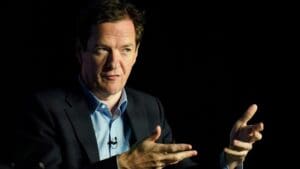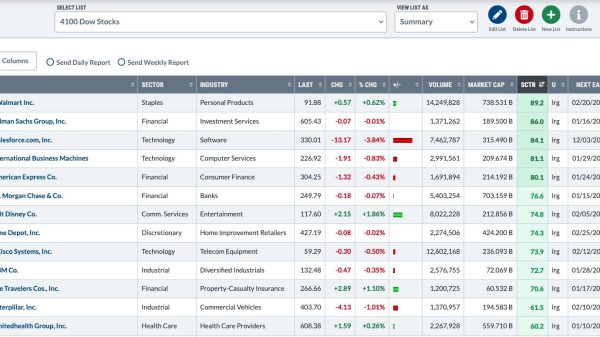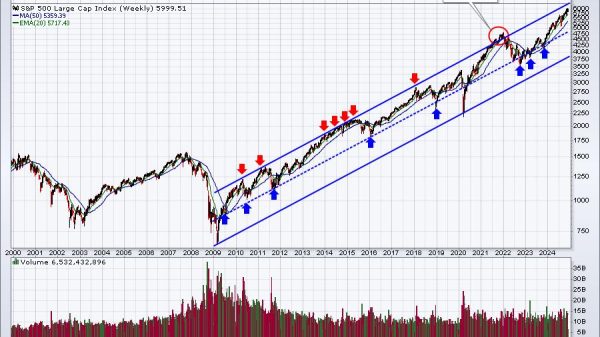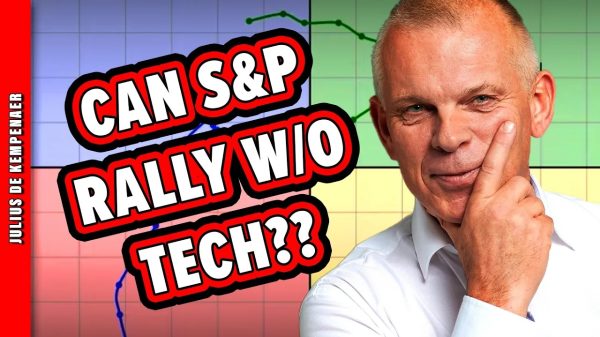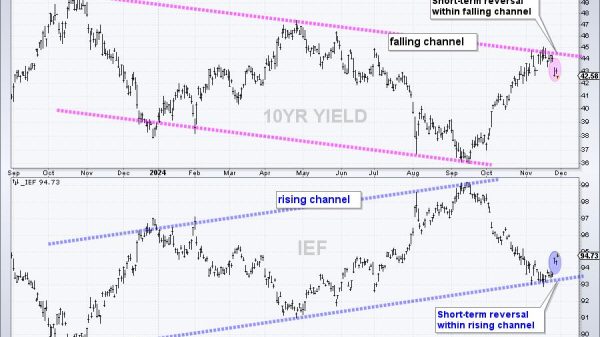Among the larger albatrosses burdening the economics profession is the idea of Homo economicus. To this day, most economics undergraduates hear about it in the context of neoclassical economics. Homo economicus, we are told, is the ideal economic man who always seeks to maximize profits and minimize costs. He only acts “rationally,” and rationalism is defined as, well, always seeking to maximize profits and minimize costs. Even worse, “profit” is often assumed to mean “monetary profit” measurable only in dollars (or some other currency).
Yes, many economists will say, “It’s just a model,” and note there are many caveats that come with its use. These protestations are often less than convincing given the use of models based on “rational” behavior. But, for now, let’s just take the economists at their word. Even if what the defenders of Homo economicus say is true, the fact remains that the vast majority of sociologists, political scientists, politicians, and journalists never got that memo. In scholarship and media pieces on public policy, the concept of Homo economicus is routinely employed to illustrate the problems with economic theory. What’s worse, anticapitalists—many of whom view neoclassical economics as the primary foundation of laissez-faire thinking—present the shortcomings of Homo economicus as an illustration of the foolishness of market economies.
But it’s not just hard-line leftists who take issue with Homo economicus. Conservatives have also attacked the Homo economicus straw man for its inability to provide a “holistic view of humans.”
So, it’s not enough to just wave away critics of Homo economicus as a bunch of people who don’t understand the sophisticated ways of professional economists. The theory’s shortcomings remain a real-world problem.
Homo economicus Is Not Foundational to Sound Economics
The problem for the antimarket critics of Homo economicus is that Homo economicus is not actually necessary to understanding sound economics. In fact, markets would be better understood if critics did not rely on the Homo economicus model at all.
Austrian economists, for example, have never relied on Homo economicus. Ludwig von Mises noted that the Homo economicus model described only one small proportion of human action, and failed to account for the behavior of consumers: “The much talked about homo economicus of the classical theory is the personification of the principles of the businessman. The businessman wants to conduct every business with the highest possible profit: he wants to buy as cheaply as possible and sell as dearly as possible. By means of diligence and attention to business he strives to eliminate all sources of error so that the results of his action are not prejudiced by ignorance, neglectfulness, mistakes, and the like. . . .
“The classical scheme is not at all applicable to consumption or the consumer. It could in no way comprehend the act of consumption or the consumer’s expenditure of money. The principle of buying on the cheapest market comes into question here only in so far as the choice is between several possibilities, otherwise equal, of purchasing goods; but it cannot be understood, from this point of view, why someone buys the better suit even though the cheaper one has the same ‘objective’ usefulness, or why more is generally spent than is necessary for the minimum—taken in the strictest sense of the term—necessary for bare physical subsistence.”
If an economics model tells us very little about consumer behavior, then its value is limited, to say the least. Mises further commented on Homo economics in Human Action, writing: “It was a fundamental mistake . . . to interpret economics as the characterization of the behavior of an ideal type, the homo oeconomicus. According to this doctrine traditional or orthodox economics does not deal with the behavior of man as he really is and acts, but with a fictitious or hypothetical image. It pictures a [person] being driven exclusively by ‘economic’ motives, i.e., solely by the intention of making the greatest possible material or monetary profit. Such a being does not have and never did have a counterpart in reality; it is a phantom of a spurious armchair philosophy. No man is exclusively motivated by the desire to become as rich as possible; many are not at all influenced by this mean craving. It is vain to refer to such an illusory homunculus in dealing with life and history.”
Profit takes many forms besides money. Nor do all persons seek the same goals in life. Moreover, since individuals have an uncountable number of diverse goals for themselves, it is also impossible to generalize about what is rational or irrational for them. For some people, a life of austerity and asceticism in a hermitage may be the most desirable, and thus it is rational to pursue that life. For others, a life of playing video games and visiting shopping malls may be the most desirable. It is thus quite impossible to generalize and certainly impossible to create a model for ideal economic behavior.
Anticapitalist critics of laissez-faire have also often claimed that economics as a discipline disregards the social aspects of human behavior and that economic theory does not work unless human beings are fundamentally atomistic egotists who seek only their own personal benefit. Wrong again. The Austrians have never based their analysis on any such assumption. No good economist denies that human beings tend to be social, and Mises himself writes that “man appeared on the scene of earthy events as a social being.” Far from depending upon the existence of antisocial or atomistic human beings, the market economy simply responds to the desires of human beings as they are.
Homo economicus Is a Tool for Central Planners
Rather than being a foundation of free-market economics, Homo economicus is a useful tool for enemies of markets. Mises notes, contrary to the false construct of Homo economicus, that human desires are far too diverse to allow for generalization about what markets can and should produce or about what consumers should do. By extension, given the unpredictable nature of human wants and talents, it is impossible to centrally plan an economy, or even intervene in an economy, without impoverishing the consumers who may want something different from what government planners assume is needed. The Homo economicus idea in many ways buttresses the conceit that anyone can know ahead of time what consumers and producers will want and what they will do.
Anticapitalists think they are somehow striking at the heart of laissez-faire liberalism when they denounce Homo economicus, but they are doing nothing of the sort.



